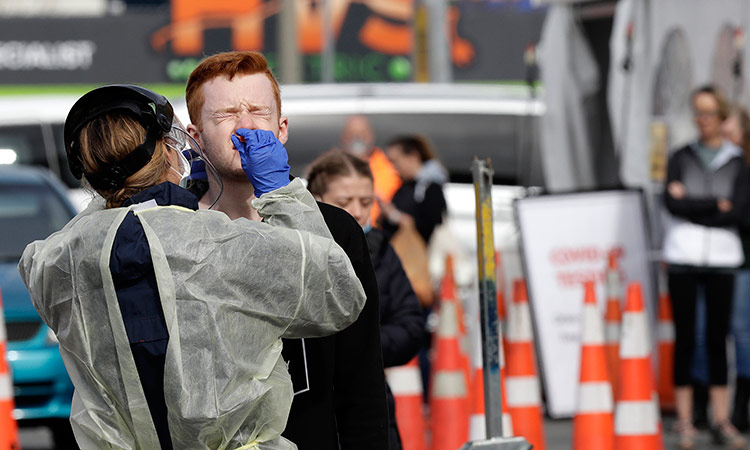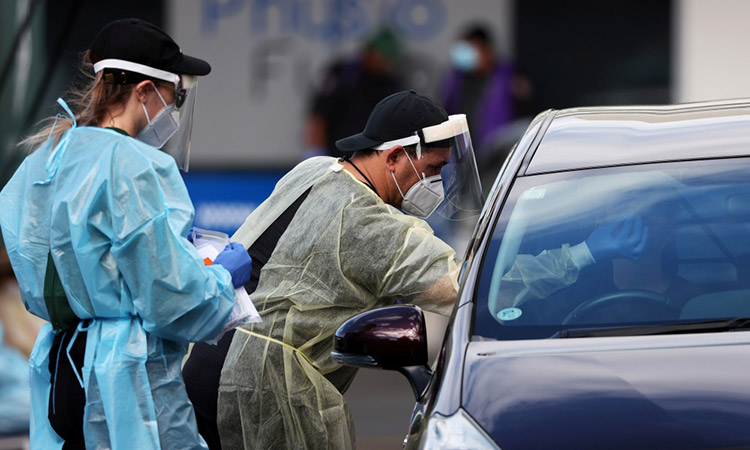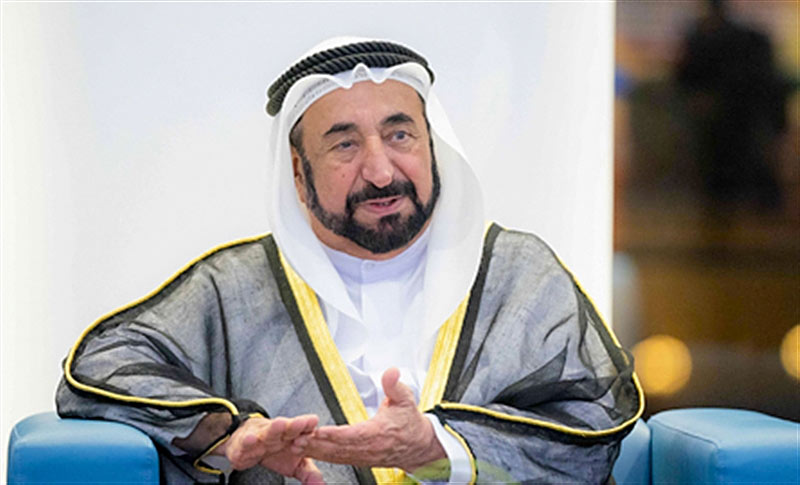New Zealand to ‘welcome the world back’ after years of COVID isolation

New Zealand Prime Minister Jacinda Ardern gestures during a meeting. File photo
New Zealand is bringing forward the opening of its international borders to some travellers after more than two years of COVID-19 isolation, with Prime Minister Jacinda Ardern saying an influx of tourists will boost the nation's economy.
Ardern said on Wednesday her nation was "ready to welcome the world back” with most tourists allowed to return by May as the nation continues to ease its coronavirus restrictions.
READ MORE
North Korean missile exploded in air in failed launch
Russia escalates bombardment of Ukrainian capital
The announcement bought forward the date that tourists from countries including the US, Canada, Britain and much of Europe can visit from the previously announced date of October.
The change means the end of some of the toughest border controls in the world during the COVID pandemic, imposed as the government tried to keep the coronavirus out, comes months ahead of the previous schedule.
A health worker uses a nasal swab on a resident to check for the coronavirus.
New Zealand's policies helped keep infections and deaths low. But with the Omicron variant now rampant, criticism has grown as business, particularly tourism, and agricultural sectors see little value in staying shut off from the world.
International tourism used to account for about 20% of New Zealand’s foreign income and more than 5% of GDP.
But when the pandemic began, New Zealand enacted some of the world’s strictest border controls and tourism evaporated. The measures were initially credited with saving thousands of lives and allowed New Zealand to eliminate or contain several outbreaks.
But with the omicron variant now spreading throughout the country, the border restrictions have become largely irrelevant.
Ardern said the move would boost the economy.
"It's good news, but there is a 'but'," said Chris Lewis, immigration spokesperson for Federated Farmers, who expects it will take until at least October before things really start to improve.








